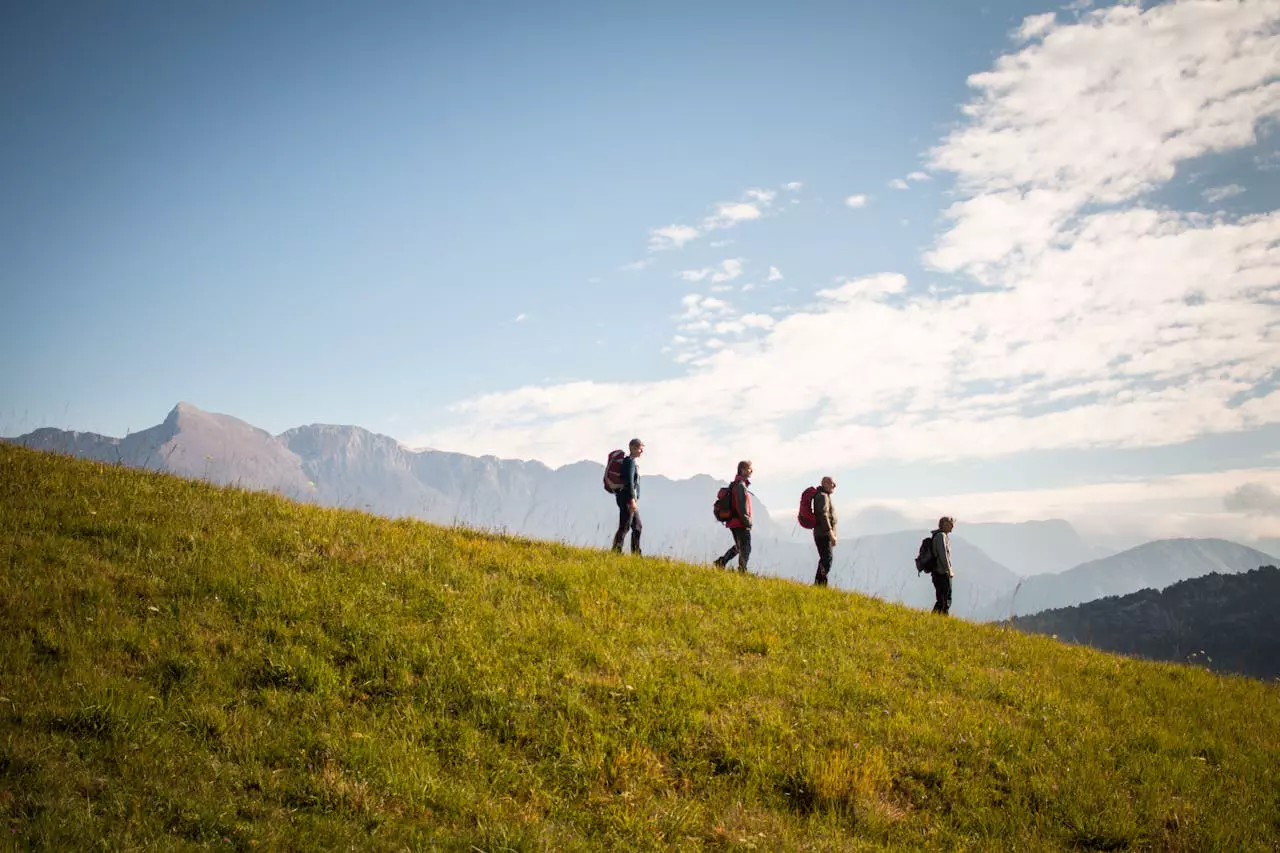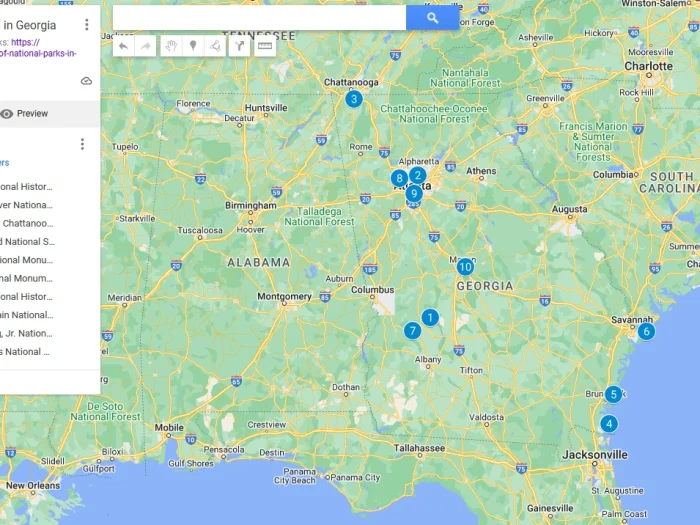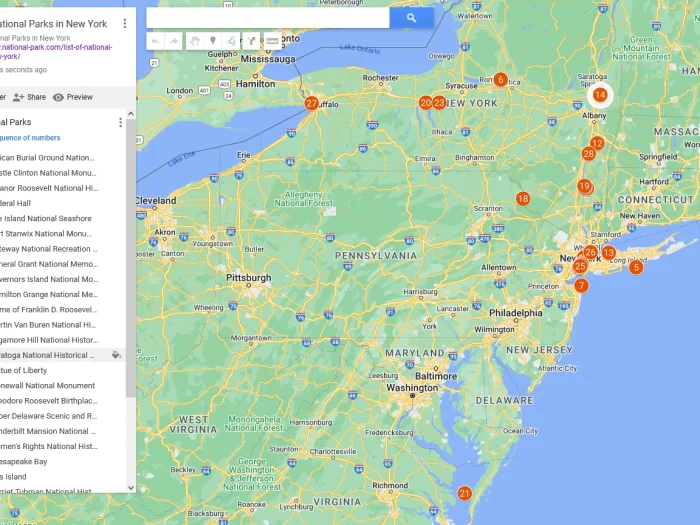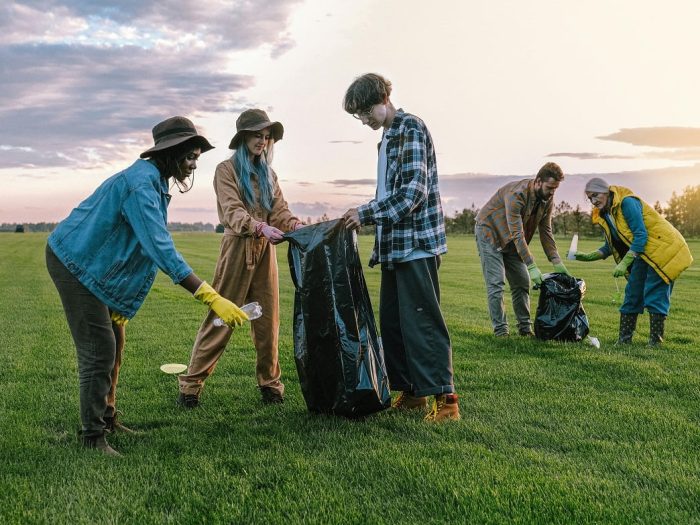Backpacking with a Purpose: Volunteering and Traveling as a Student
Backpacking is an exciting way for students to explore the world and immerse themselves in new cultures. It’s particularly relevant when they approach the end of their studies. Resting and seeing new locations is an exciting bridge between students’ academic lives and their future job search. If you don’t have free time to travel because of assignments and essays, you can tell experts, “Please write my dissertation online by the end of the term” before dedicating themselves to their travels, gaining new insights and simply having the fun they deserve.
However, taking a step further and backpacking with a purpose can be a truly transformative experience. By incorporating volunteering into their travels, students can not only discover new places but also make a meaningful impact on the communities they visit.

Benefits of Volunteering While Traveling
Volunteering while traveling offers numerous benefits for students.
- Personal Growth: Volunteering exposes students to diverse perspectives, challenges them to step out of their comfort zones, and fosters empathy and understanding.
- Skill Development: Volunteer work allows students to develop practical skills, such as problem-solving, communication, and teamwork, which are valuable in both personal and professional settings.
- Cultural Immersion: Volunteering provides an opportunity for deep cultural immersion, enabling students to gain a more profound understanding of local customs, traditions, and way of life.
- Community Impact: By contributing their time and efforts, students can make a tangible difference in the lives of the people or animals they serve, leaving a lasting positive impact on the communities they visit.
- Resume Enhancement: Volunteer experiences can be valuable additions to a student’s resume, demonstrating their commitment to social responsibility and their ability to adapt to new environments.
Preparing for a Volunteering Trip
Proper preparation is crucial for a successful and meaningful volunteering experience. Here are some steps students should take:
- Research the Destination: Learn about the local customs, language, and any potential cultural sensitivities to ensure respectful and appropriate behavior.
- Obtain Necessary Documentation: Ensure you have a valid passport, any required visas, and any necessary vaccinations or health documentation.
- Pack Wisely: Bring versatile, comfortable clothing, essential toiletries, and any necessary medical supplies.
- Learn the Language: Familiarize yourself with basic phrases in the local language to facilitate better communication with the community.
- Communicate with the Organization: Stay in touch with the volunteer organization to understand your role, responsibilities, and any specific requirements or expectations.
Top Destinations for Volunteering and Traveling as a Student
Some of the most popular destinations for student volunteers include:
- Southeast Asia: Countries like Thailand, Vietnam, and Indonesia offer a wide range of volunteer opportunities, from teaching English to environmental conservation.
- Latin America: From Costa Rica to Peru, students can immerse themselves in vibrant cultures while contributing to community development and public health.
- Africa: Volunteer programs in countries like Kenya, Tanzania, and South Africa provide opportunities to work with wildlife, support education initiatives, and engage in humanitarian aid.
- Europe: While not typically associated with volunteering, Europe offers unique experiences, such as assisting with refugee integration or preserving historical sites.
Budgeting for a Volunteer Trip
Budgeting for a volunteer trip requires careful planning and consideration of various expenses. These may include:
- Program Fees: Covering the cost of the volunteer program, including accommodation, meals, and in-country support.
- Travel Expenses: Airfare, local transportation, and any additional travel within the destination.
- Personal Expenses: Spending money on activities, souvenirs, and any unexpected things.
- Travel Insurance: Comprehensive coverage to protect against medical emergencies, trip cancellations, and other unforeseen events.
To manage these costs, students can explore scholarships, crowdfunding platforms, and part-time jobs to fund their volunteer adventures.
Safety Tips for Volunteering Abroad
Ensuring safety is a top priority when volunteering abroad. Students should:
- Research the Political and Social Climate: Stay informed about any potential safety concerns or unrest in the destination.
- Register with the Appropriate Authorities: Inform your home country’s embassy or consulate of your travel plans and contact information.
- Maintain Situational Awareness: Be mindful of your surroundings and avoid isolated or potentially dangerous areas.
- Communicate Regularly: Stay in touch with family, friends, and the volunteer organization to provide regular updates on your well-being.
- Familiarize Yourself with Emergency Protocols: Know how to contact local authorities and the volunteer organization in case of an emergency.
Impact of Volunteering on Personal and Professional Development
Engaging in volunteer work while traveling can have a profound impact on a student’s personal and professional development.
- Personal Growth: Volunteering challenges students to develop empathy and gain a deeper understanding of global issues.
- Skill Development: Volunteer experiences can enhance students’ problem-solving, communication, and leadership skills, which are highly valued in the job market.
- Career Exploration: Volunteering can expose students to new fields and industries, helping them identify potential career paths that align with their passions and values.
- Global Perspective: Immersing oneself in different cultures and communities can broaden a student’s worldview and foster a greater appreciation for diversity.
Cultural Immersion and Learning Experiences While Volunteering
Volunteering provides an unparalleled opportunity for cultural immersion and learning. Students can:
- Participate in Local Traditions: Engage in cultural activities, festivals, or community events to gain a deeper understanding of the host country’s heritage.
- Learn from Local Experts: Interact with community members, local leaders, and subject-matter experts to gain valuable insights and knowledge.
- Develop Language Skills: Practice the local language and gain a better appreciation for linguistic diversity.
- Explore Unique Cuisine: Savor the flavors of the region and learn about the culinary traditions that shape the local diet.
Resources for Finding Volunteering Opportunities
Students interested in volunteering while traveling can explore the following resources to find the right program:
- Volunteer Databases: Platforms like GoAbroad.com, VolunteerForever.com, and Idealist.org allow students to search for and compare various volunteer programs.
- University and College Programs: Many educational institutions offer their own study abroad or volunteer programs, providing support and resources for students.
- Nonprofit Organizations: Organizations like the Peace Corps, Habitat for Humanity, and Doctors Without Borders offer a wide range of volunteer opportunities worldwide.
- Travel Agencies: Some travel agencies specialize in volunteer-focused trips, providing end-to-end planning and support.
If you’re a student interested in combining your passion for travel with a desire to make a positive impact, consider exploring the world of volunteering. By immersing yourself in new cultures and contributing to meaningful projects, you can broaden your horizons and enrich your personal and professional development.




